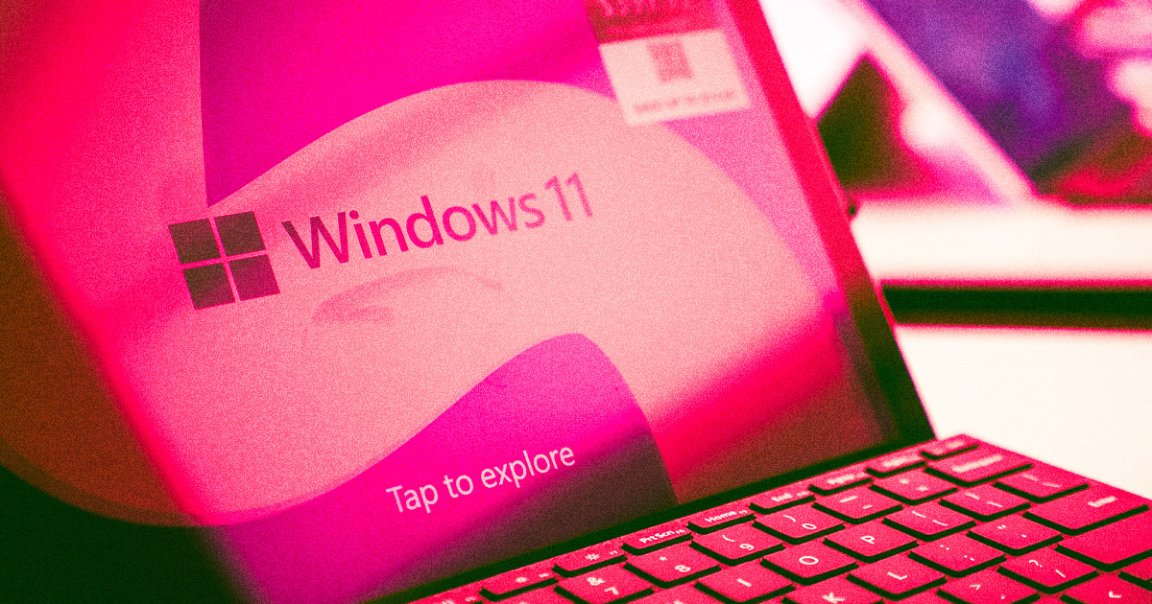
Unappealing Upgrade
As any Windows 10 holdout can tell you, Microsoft really wants you to upgrade to Windows 11. Not only is it prematurely killing support for the older operating system by next year, but it’s been forcing all kinds of obnoxious prompts onto users to make the switch.
But here’s a good reason why you shouldn’t. On Friday, Microsoft announced that it will now start testing ads in the form of “recommendations” in the Windows 11 Start Menu, in what is yet another attempt by the company to integrate advertising into its operating systems.
The ads won’t be rolled out to most users, at least initially. Instead, the feature will be tested on Windows 11 Insiders that opt into the US Beta Channel, Microsoft said in a blog post.
For those that run the beta build, the update affects the “Recommended” section of the Start Menu, which normally suggests files and frequently used apps. Now, as depicted in a screenshot shared by the company, the menu will also recommend apps from the Microsoft Store. This will be enabled by default, but can be disabled in the settings.
“As a reminder, we regularly try out new experiences and concepts that may never get released with Windows Insiders to get feedback,” Microsoft said in the blog post. “Should you see this experience on the Start menu, let us know what you think.”
Ad-gitators
Limited rollout or not, the test represents a troubling prospect for Windows users, as Microsoft has been pretty tenacious about pursuing ad integration in its software.
Both Windows 10 and 11, for example, already show Start Menu “suggestions” or “recommendations” for in-house apps like the company’s Edge browser. The taskbar’s search bar, meanwhile, will show “search highlights” by default. If those don’t grab your attention, the OS will even badger you with desktop notifications for Edge and other Microsoft features.
In its most egregious blunder of the sort so far, Microsoft released a build of Windows 11 in 2022 that showed ads in the File Explorer. In the ensuing backlash, the company claimed that the feature was released as a mistake.
Just over two years later, and now that the jets have cooled on that controversy, it looks like Microsoft is giving the idea another shot. It will undoubtedly receive plenty of backlash, and it might even get removed by the next test build.
But the writing’s on the wall: Microsoft wants ads in its software, and it’ll probably keep findings ways to sneak more of them in there, whatever pushes-and-pulls it has to deal with along the way.
More on Microsoft: Microsoft and OpenAI Reportedly Building $100 Billion Secret Supercomputer to Train Advanced AI